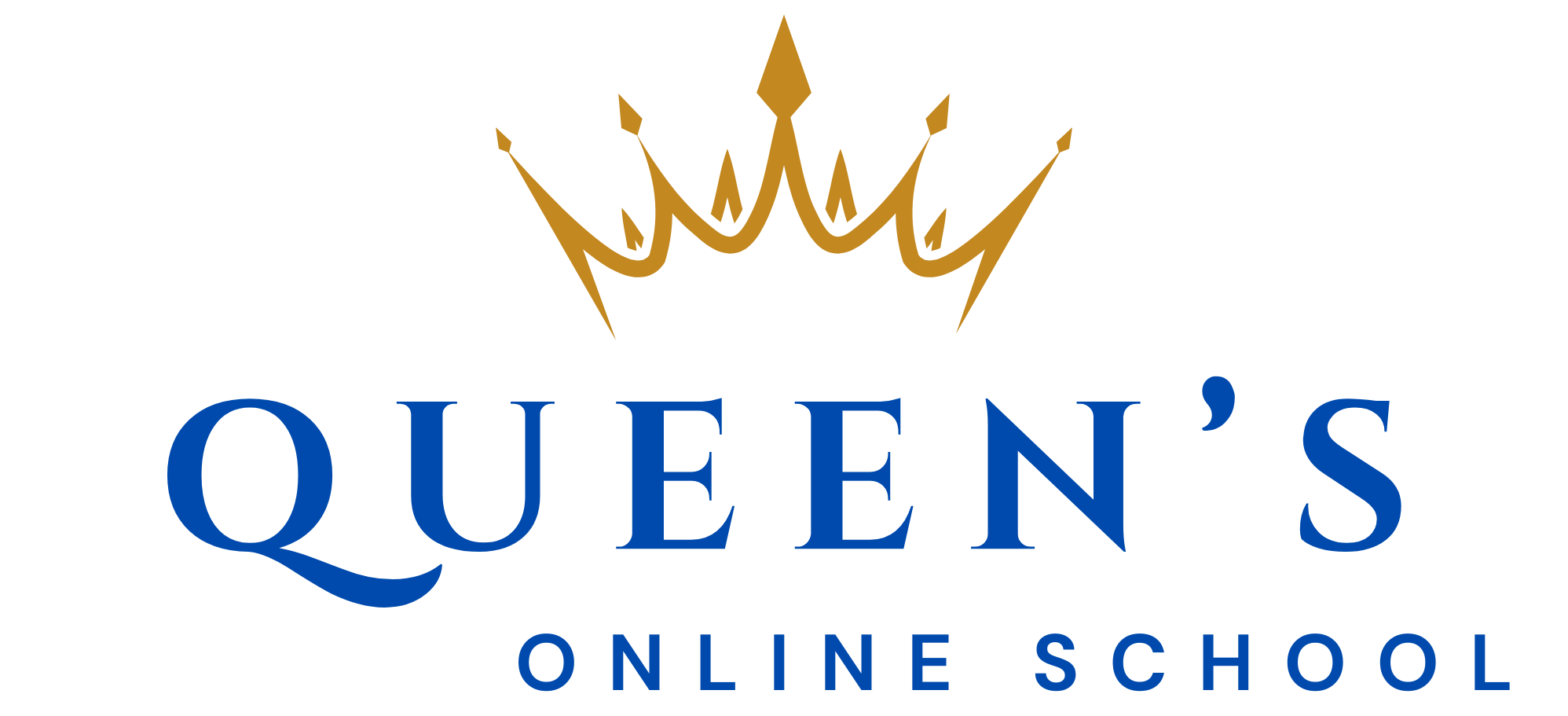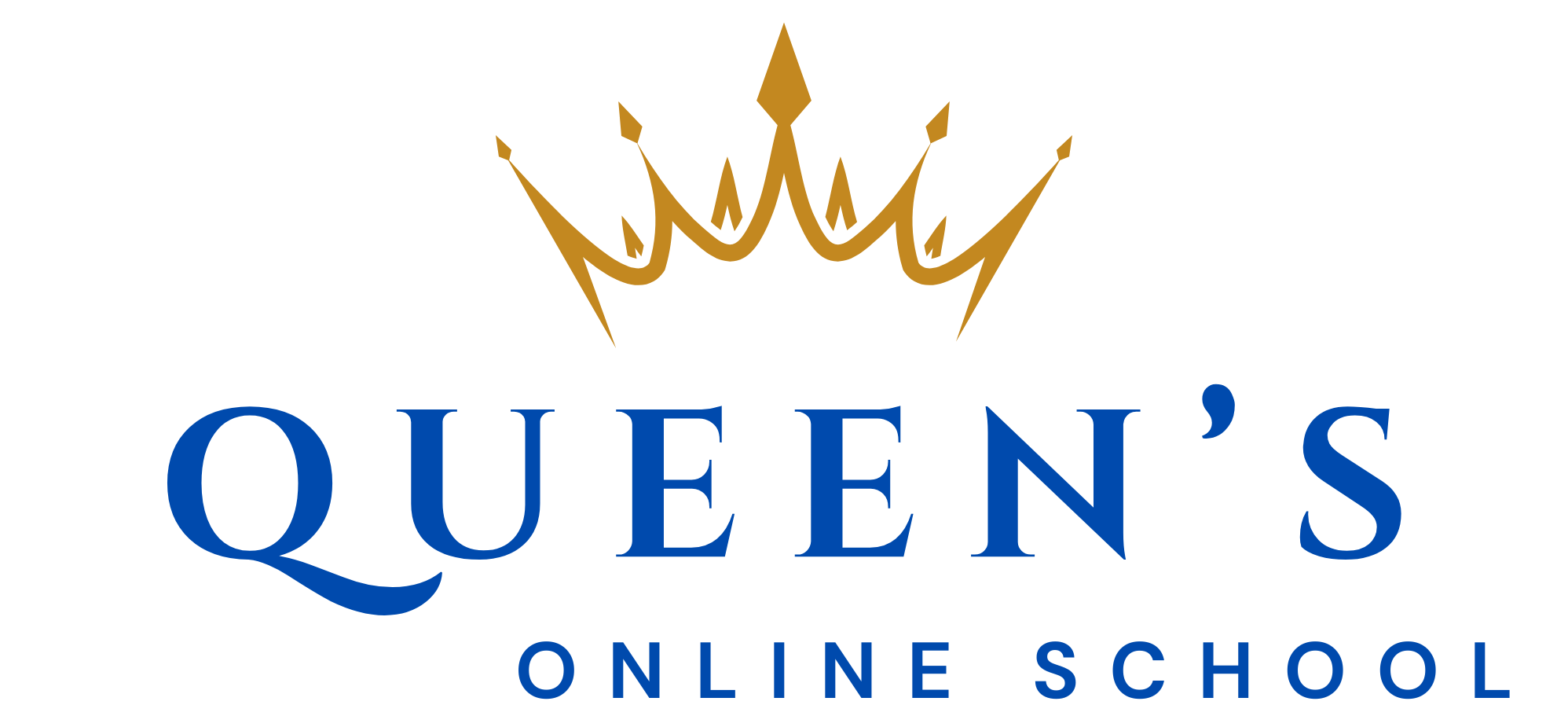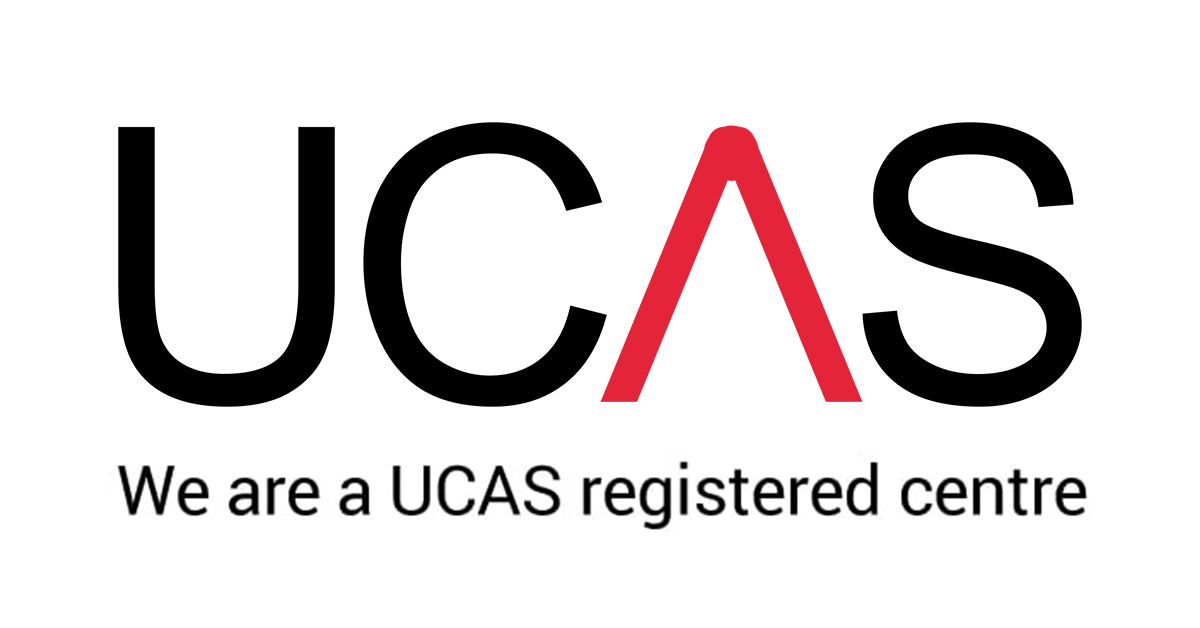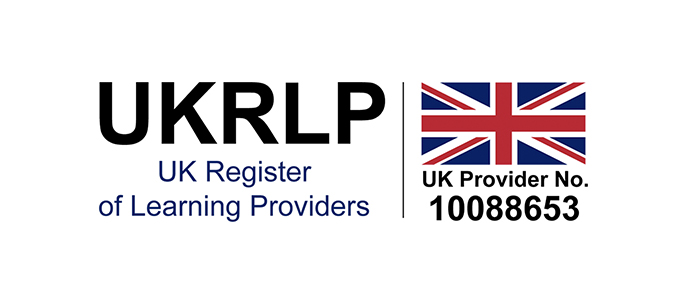International GCSE in English Literature
Pearson Edexcel – Qualification Code: 4ET1
Why Study This Course?
The Pearson Edexcel International GCSE in English Literature offers students the opportunity to explore and analyse a diverse range of literary texts from different cultures and time periods. Through this course, students develop critical reading, analytical writing, and interpretative skills, which are essential for further academic study and career opportunities.
This course is ideal for students who:
· Enjoy reading classic and contemporary literature, poetry, and drama.
· Want to develop critical thinking and essay-writing skills.
· Are considering A-Level English Literature, Humanities, or careers in journalism, law, education, or publishing.
· Wish to gain a globally recognised qualification that enhances university applications and career prospects.
Who is This Course For?
This course is suitable for students who:
· Have a passion for literary analysis, storytelling, and creative expression.
· Enjoy exploring themes, characters, and literary techniques in texts.
· Are interested in understanding the social, historical, and cultural contexts of literature.
· Wish to develop skills in structured writing, argumentation, and textual analysis.
The course includes a wide selection of literary texts across different genres and time periods.
Poetry Anthology (Component 1)
- If – Rudyard Kipling
- Blessing – Imtiaz Dharker
- Piano – D.H. Lawrence
- War Photographer – Carol Ann Duffy
- My Last Duchess – Robert Browning
- Do Not Go Gentle into That Good Night – Dylan Thomas
Modern Prose (Component 1)
Students must study one novel from the following:
- To Kill a Mockingbird – Harper Lee
- Of Mice and Men – John Steinbeck
- The Joy Luck Club – Amy Tan
- Things Fall Apart – Chinua Achebe
- Klara and the Sun – Kazuo Ishiguro (from 2024)
- Western Lane – Chetna Maroo (from 2024)
Modern Drama (Components 2 & 3)
Students must study one novel from the following:
- An Inspector Calls – J.B. Priestley
- A View from the Bridge – Arthur Miller
- The Curious Incident of the Dog in the Night-Time – Mark Haddon (adapted by Simon Stephens)
- Kindertransport – Diane Samuels
Literary Heritage Texts (Components 2 & 3)
Students must study one novel from the following:
- Romeo and Juliet – William Shakespeare
- Macbeth – William Shakespeare
- Pride and Prejudice – Jane Austen
- Great Expectations – Charles Dickens
The course fosters literary appreciation, analytical thinking, and effective communication, helping students develop essential academic and career skills.
1. Critical Thinking and Literary Analysis
- Evaluating how writers use language, structure, and form.
- Developing interpretations of themes, characters, and narrative techniques.
- Understanding the historical and cultural significance of texts.
2. Comparative Analysis
- Comparing themes, styles, and literary techniques across different texts.
- Exploring how literature reflects social, political, and philosophical ideas.
- Understanding the historical and cultural significance of texts.
3. Writing and Argumentation
- Constructing well-supported literary arguments.
- Developing structured, coherent, and critical essays.
- Using accurate textual evidence to support analysis.
The course assesses students based on the following objectives:
| Objective | Description | Weighting |
|---|---|---|
| AO1 | Demonstrate knowledge and understanding of texts, maintaining a critical style and personal engagement | 30% |
| AO2 | Analyse the language, form, and structure used by writers to create meaning | 40% |
| AO3 | Explore links and connections between texts | 10% |
| AO3 | Show understanding of texts in their historical and cultural contexts | 20% |
Strong Preparation for A-Level and Beyond
This course provides a solid foundation for A-Level English Literature, preparing students for higher education in humanities, creative writing, and social sciences.
Recognition by Top Universities
The Pearson Edexcel International GCSE in English Literature is widely recognised by universities, employers, and academic institutions worldwide.
Development of Advanced Analytical and Writing Skills
Students develop critical reasoning, essay-writing, and textual interpretation skills, which are essential in academic and professional careers.
Engaging and Diverse Literary Content
The course includes a variety of texts from different cultures, historical periods, and genres, ensuring students engage with a broad and enriching literary experience.
Course Structure
The qualification consists of two mandatory components and a choice between an examined or coursework-based second component:
Component 1: Poetry and Modern Prose (60%)
Exam Duration: 2 hours
Assessment Format: External examination
Skills Assessed:
- Analysing poetry from the Pearson Edexcel English Anthology.
- Responding to an unseen poem.
- Evaluating modern prose texts in depth.
Topics Covered:
- Unseen Poetry – Analysing an unfamiliar poem and its literary effects.
- Anthology Poetry – Studying a range of poems from Part 3 of the Pearson Edexcel International GCSE English Anthology.
- Modern Prose – Analysing one set novel from the prescribed reading list.
Component 2: Modern Drama and Literary Heritage Texts (40%)
Exam Duration: 1 hour 30 minutes
Assessment Format: External examination
Skills Assessed:
- Analysing modern drama texts.
- Evaluating classical literary heritage texts.
- Understanding the historical and cultural contexts of literature.
Topics Covered:
- Modern Drama – Analysing one play from the set texts.
- Literary Heritage Texts – Exploring key themes, language, and structure in a classic novel or Shakespearean play.
Component 3: Modern Drama and Literary Heritage Texts (Non-examined Option – 40%)
Assessment Format: Coursework-based
Skills Assessed:
- Producing two analytical essays based on set texts.
- Developing independent critical responses to literature.
Coursework Requirements:
- Modern Drama Essay – Analysing a play from the set texts.
- Literary Heritage Essay – Evaluating a classical text with contextual analysis.
Each component includes essay-based assessments to evaluate comprehension, interpretation, and analytical skills.






